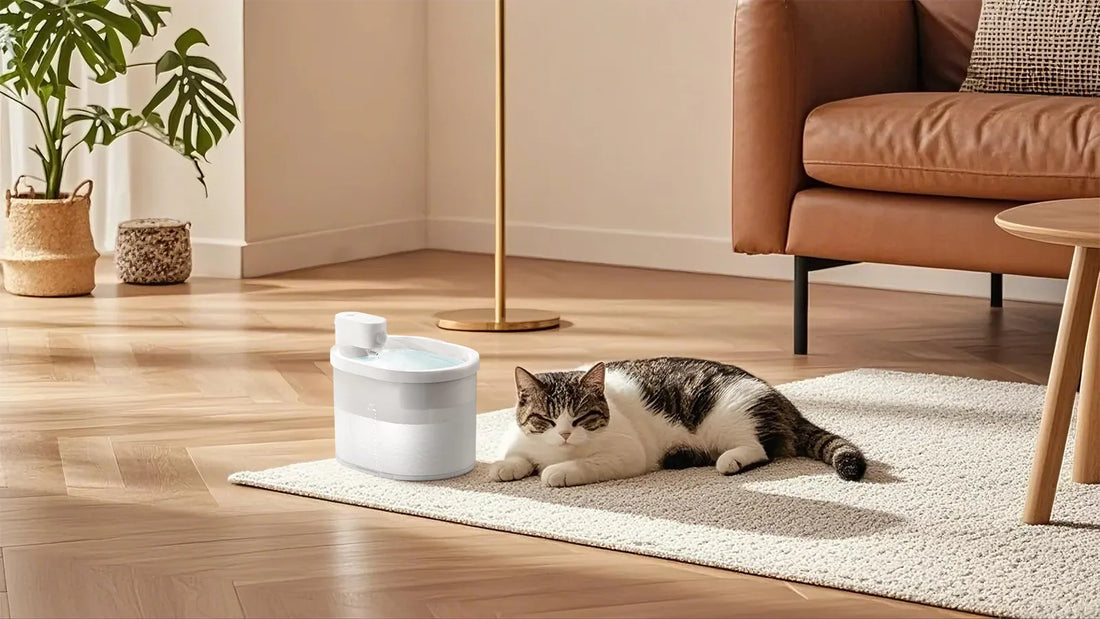Bringing a new puppy into your home is an exciting and rewarding experience, but it also comes with a lot of questions. One of the most common concerns for new puppy owners is figuring out the right feeding schedule, especially when it comes to nighttime feedings. Understanding what time you should stop feeding your puppy at night is crucial for their health, comfort, and overall well-being.
Why Nighttime Feeding Matters
Puppies have small stomachs and high energy needs, which means they require frequent meals throughout the day. However, feeding them too close to bedtime can lead to discomfort, accidents, and disrupted sleep for both you and your furry friend. Establishing a proper nighttime feeding routine helps your puppy develop healthy habits and ensures they get the rest they need to grow and thrive.
How Often Should You Feed Your Puppy?
The frequency of feeding depends on your puppy's age, breed, and size. Generally, puppies under six months old need to eat three to four times a day. As they grow older, you can gradually reduce the number of meals to two or three times daily. It's important to space out their meals evenly to maintain stable energy levels and prevent overeating.
When to Stop Feeding Your Puppy at Night
To determine the best time to stop feeding your puppy at night, consider their bedtime and the time it takes for them to digest their food. A good rule of thumb is to stop feeding your puppy at least two to three hours before bedtime. This allows enough time for digestion and reduces the likelihood of nighttime accidents or discomfort.
Creating a Consistent Feeding Schedule
Consistency is key when it comes to feeding your puppy. Establishing a regular feeding schedule helps regulate their metabolism and makes house training easier. Try to feed your puppy at the same times each day, and avoid giving them food or treats too close to bedtime. If your puppy seems hungry late at night, consider adjusting their daytime meals to ensure they're getting enough nutrition.
Signs Your Puppy May Need a Feeding Adjustment
Every puppy is different, and some may require adjustments to their feeding schedule. If your puppy is waking up frequently during the night, having accidents, or showing signs of hunger, it may be time to reevaluate their feeding routine. Consult your veterinarian for personalized advice based on your puppy's specific needs.
Tips for a Smooth Transition
Transitioning your puppy to a new feeding schedule can take time and patience. Start by gradually moving their last meal earlier in the evening and monitor their behavior. Provide plenty of water during the day, but consider limiting it in the hours leading up to bedtime to reduce the risk of nighttime accidents. Additionally, ensure your puppy gets plenty of exercise during the day to help them sleep soundly at night.
The Role of Diet in Your Puppy's Sleep
The type of food you feed your puppy can also impact their sleep quality. Choose a high-quality, balanced diet that meets their nutritional needs. Avoid feeding your puppy heavy or rich foods late at night, as these can cause digestive issues and disrupt their sleep. If you're unsure about the best diet for your puppy, consult your veterinarian for recommendations.
Common Mistakes to Avoid
One of the most common mistakes new puppy owners make is feeding their puppy too close to bedtime. This can lead to restlessness, accidents, and even obesity over time. Another mistake is overfeeding, which can cause digestive problems and discomfort. Stick to the recommended portion sizes and feeding schedule to keep your puppy healthy and happy.
When to Seek Professional Advice
If you're struggling to establish a feeding routine or notice any unusual behavior in your puppy, don't hesitate to seek professional advice. Your veterinarian can provide guidance on the best feeding practices and help address any underlying health concerns. Remember, every puppy is unique, and what works for one may not work for another.
Feeding your puppy at the right time is essential for their growth, health, and happiness. By understanding what time to stop feeding your puppy at night and following a consistent schedule, you can set them up for a lifetime of good habits. With patience and care, you'll soon find the perfect routine that works for both you and your furry companion.














